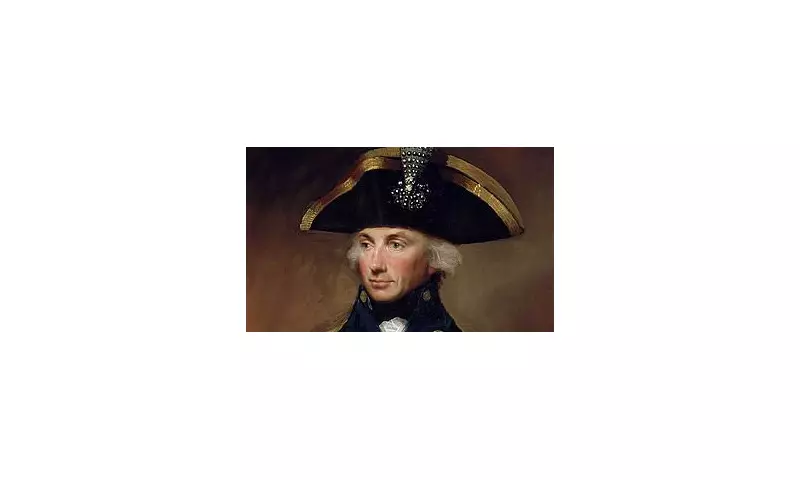
In a groundbreaking announcement that's set to rewrite history books, the National Maritime Museum has officially declared Admiral Lord Nelson was gay, ending centuries of speculation about Britain's greatest naval hero's sexuality.
The Evidence That Speaks Volumes
According to the prestigious Greenwich institution, Nelson's own correspondence and documented relationships with male colleagues provide compelling evidence of his homosexuality. The museum points to his intense emotional bonds with fellow naval officers and the language used in his personal letters as clear indicators of his true orientation.
This revelation comes after years of academic debate and public curiosity about the private life of the man who secured Britain's naval supremacy at the Battle of Trafalgar in 1805.
A Deliberate Historical Correction
The museum's statement represents a significant shift in how historical institutions approach LGBTQ+ figures from eras when such identities couldn't be openly expressed. By acknowledging Nelson's sexuality, the National Maritime Museum aims to present a more accurate and inclusive portrayal of British naval history.
This declaration challenges traditional narratives that have often downplayed or ignored same-sex relationships among historical figures, particularly those of Nelson's stature as a national icon.
Beyond the Emma Hamilton Narrative
While Nelson's famous affair with Emma, Lady Hamilton has long been the focus of historical attention, the museum suggests this relationship has overshadowed more significant emotional connections in his life. Their research indicates that Nelson's most profound bonds were with male companions throughout his naval career.
The museum's position adds Nelson to a growing list of historical figures whose LGBTQ+ identities are being re-examined and acknowledged by cultural institutions.
What This Means for British History
This announcement isn't just about one man's private life—it's about how we understand and represent our national heroes. The National Maritime Museum's stance encourages a more nuanced view of historical figures, recognizing that their public achievements and private identities are both essential to understanding their full legacy.
As one of Britain's most celebrated military leaders, Nelson's story now includes this important dimension, offering a more complete picture of the man behind the naval legend.






